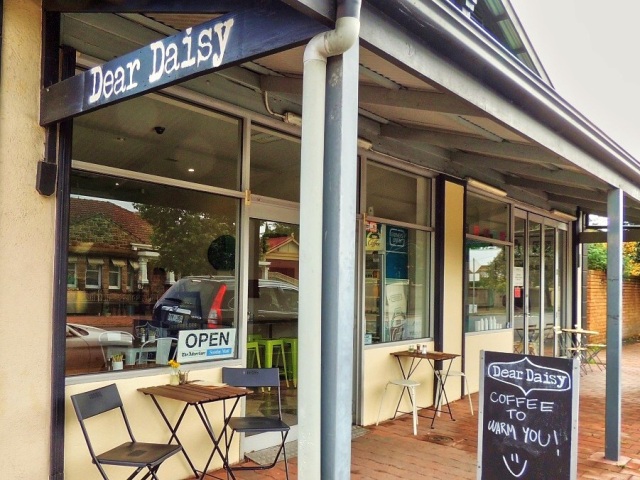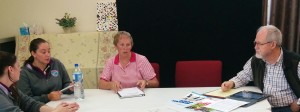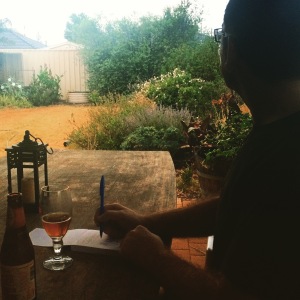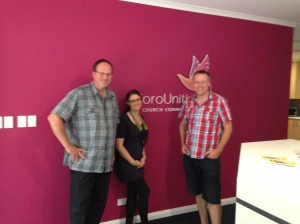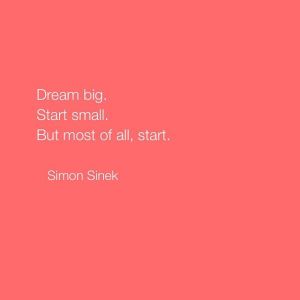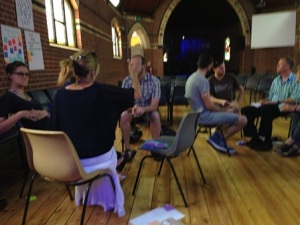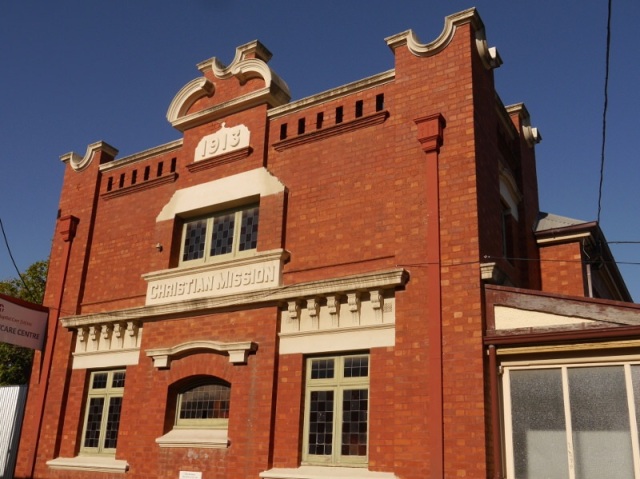
I’ve been framing up a series of lectures with my Faith in Action colleague Peter McDonald over recent weeks and one thing he has been reflecting on quite a bit is how group processes can be used to help us in discernment.
I’ve found his thinking very interesting and it has caused me to reflect on our very real need for processes that slow a group down long enough to allow for the voice of the Spirit of God to be heard in our midst.
Retreats, quiet times, Bible studies and sermon reflections often give us opportunities to slow down and individually reflect on the voice of God in our personal lives but I believe that God is deeply interested in speaking to us as communities (perhaps even more so than as individuals). As the apostle Paul articulates; we have been uniquely crafted into bodies of people with roles to play in our communities.
Many of the processes we use to discern the voice of God corporately are inherently flawed in that they give voice only to the smartest, most confident and socially attractive people in our congregations. Those less socially central (people with disabilities or mental illness, isolated people and children for example) and those who are just plain introverted are often given less or no voice into the process and so our discernment is ineffective and incomplete.
Getting those with less voice into the room is step one. Giving both equality and/or time to voices in group process is then equally important.
On our Faith in Action site Peter has begun a process of detailing a number of different tools that we might use to slow a group down in this manner and to give space for all voices to be heard.
When working with a Church leadership team at our Westcare Church on Saturday, for example, I used the principles of Theory U along with carefully constructed questions to both deliberately slow down the process and ensure equality for all voices. Remember that typically extroverted people process their thoughts verbally while introverts process thoughts internally before constructing them verbally. Therefore if we want to ensure we hear both with equality then we need to put a pause on the extroverts otherwise their words will frame the direction of the conversation. Sticky notes are often helpful in this (read how).
Asking powerful questions of people who are genuinely wrestling for a way forward yields strong and often unexpected results. This isn’t traditional consultancy where I may come as Moses down the mountain with all the answers predetermined but instead it trusts that God has something to say to this particular group of people at this particular time and in this particular place and that this is not something any of us as individuals can determine but something that must naturally emerge from the gifts, knowledge and passion of the gathered people.
I reflected after Saturday that in the most successful groups I have lead through this kind of process the result seems more often than not to be along the lines of:
“That is not at all where we expected to end up but it feels entirely right”
Theory U as a framework, for example, allows space for us to download our current habits of thinking (either our expectations or else those well worn thoughts we always bring to the table) then as a group to listen to the places where these voices diverge (getting all our hesitations and disagreements onto the table). This frees us to consider the areas of convergence (where our gifts and knowledge and passions connect and grow into something we deeply care about) which can be a launching pad for a new way forward (at least for this time and in this place).
To me that sounds very much like spiritual discernment… or alternatively you can always cast lots 😉



